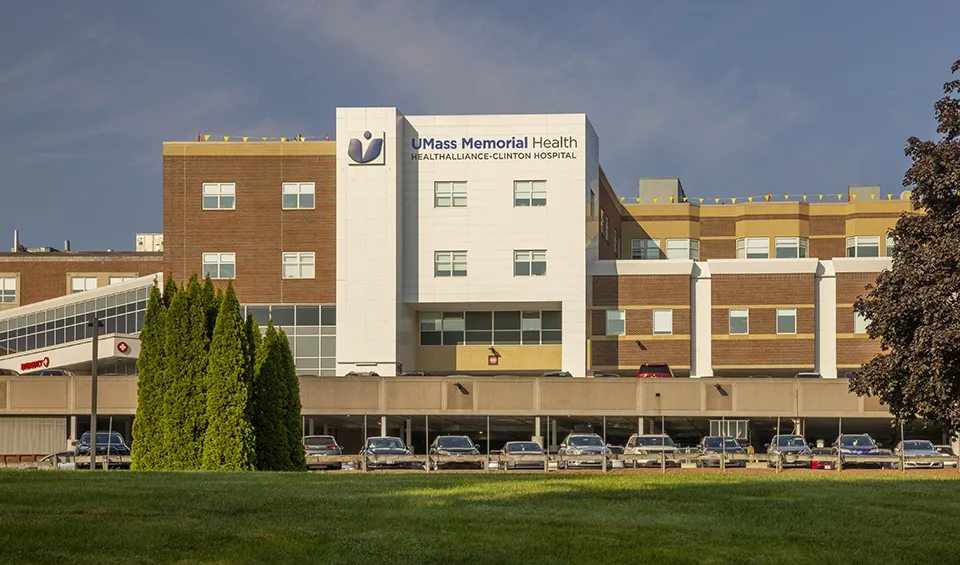HealthAlliance-Clinton Hospital
The Relentless Pursuit of Healing
We offer you convenient access to high-quality care close to home.
Discover More
Our Relentless Pursuit of Healing

Heart Healthy Habits for Every Day
Healthy habits strengthen far more than your heart. Explore simple, surprising ways to boost your whole body, and feel sharper and better every day.

Join Us As a Hospital Volunteer!
Greet patients with warmth or explore other roles. Give a few hours weekly and make a lasting impact. Sign up and make a difference today!

We’re Hiring CRNAs
Join our team of outstanding CRNAs. We’ll offer you a strong and supportive culture, flexible schedules, career growth opportunities and great benefits.
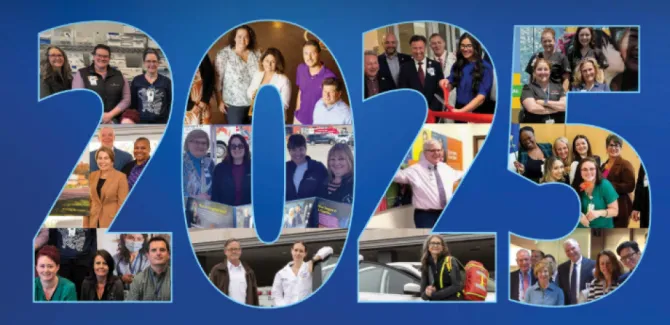
2025, A Year of Impact
In 2025, we experienced challenges and extraordinary successes. We’re proud to share our first year-end report, with stories of innovation, expanded access to care and caregivers using technology to transform the patient experience.
Find Convenient and Complete Care For All Your Health Needs
Special Services

Emergency Care
We provide emergency care for adults and children at several specialized locations.

Urgent Care
We offer urgent care for non-emergency medical concerns that need care as soon as possible.

Radiology and Imaging
From X-ray to MRI scans, we offer imaging services throughout the Central Massachusetts area.
Our Outstanding Care
HealthAlliance-Clinton Hospital Locations
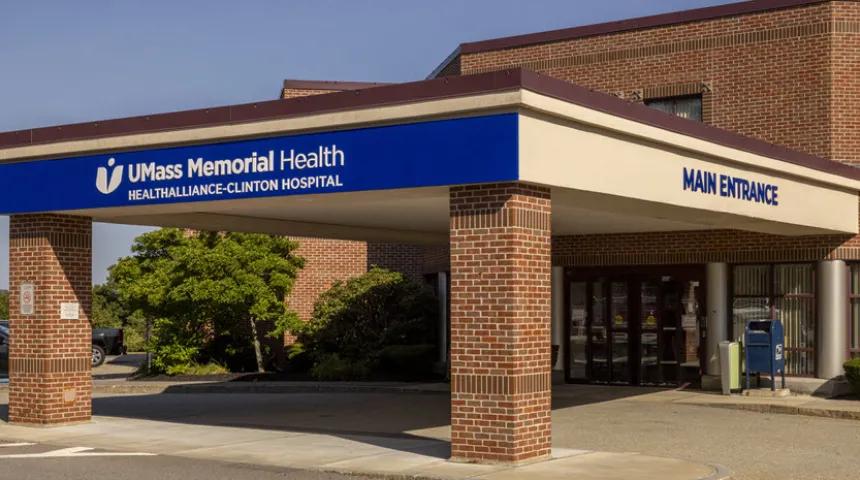
HealthAlliance-Clinton Hospital - Clinton Campus
201 Highland Street,
Clinton, MA 01510
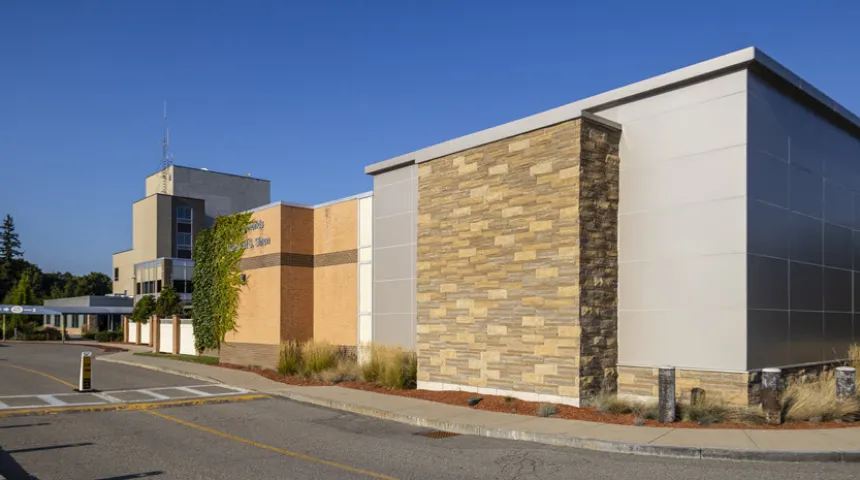
HealthAlliance-Clinton Hospital - Fitchburg Campus
275 Nichols Road,
Fitchburg, MA 01420
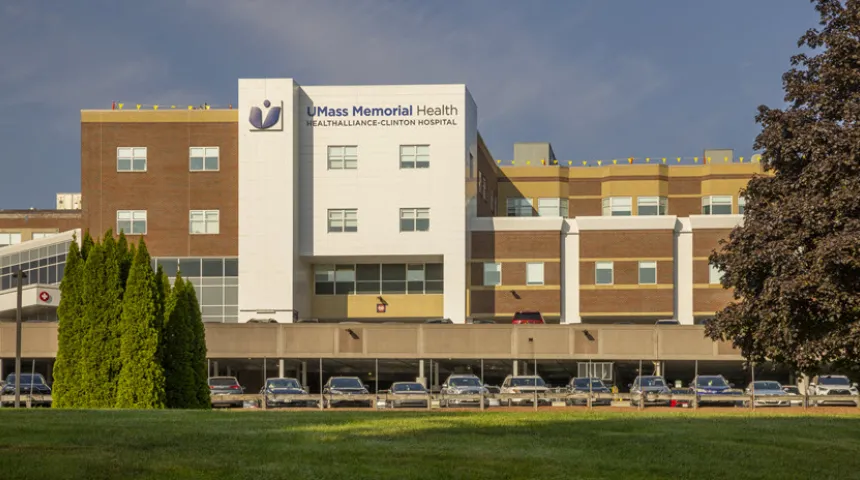
HealthAlliance-Clinton Hospital - Leominster Campus
60 Hospital Road,
Leominster, MA 01453
Emergency Departments and Urgent Care
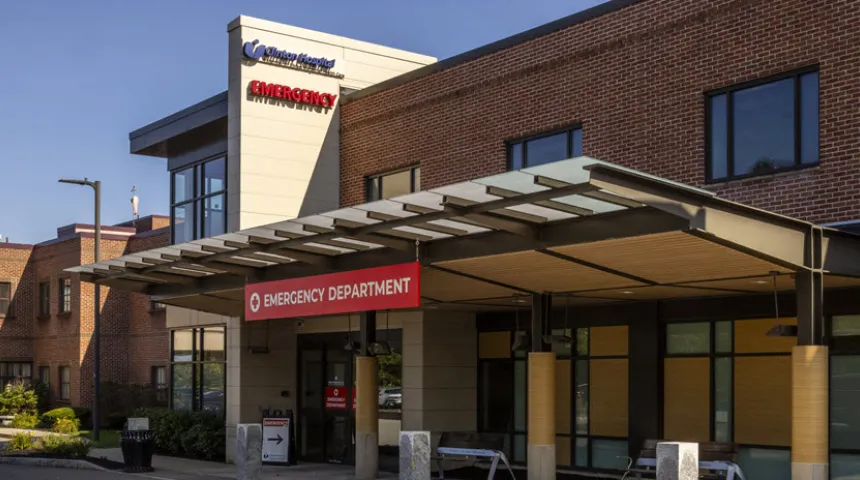
HealthAlliance-Clinton Hospital - Clinton Campus Emergency Department
201 Highland Street,
Clinton, MA 01510
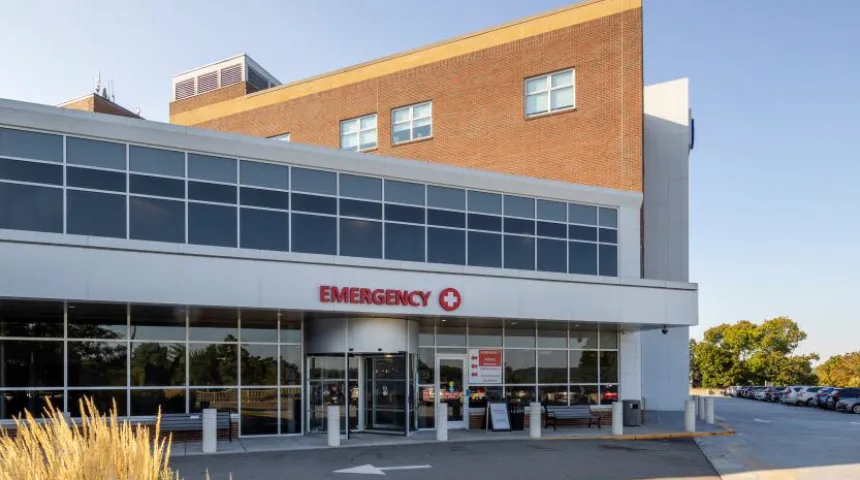
HealthAlliance-Clinton Hospital - Leominster Campus Emergency Department
60 Hospital Road,
Leominster, MA 01453
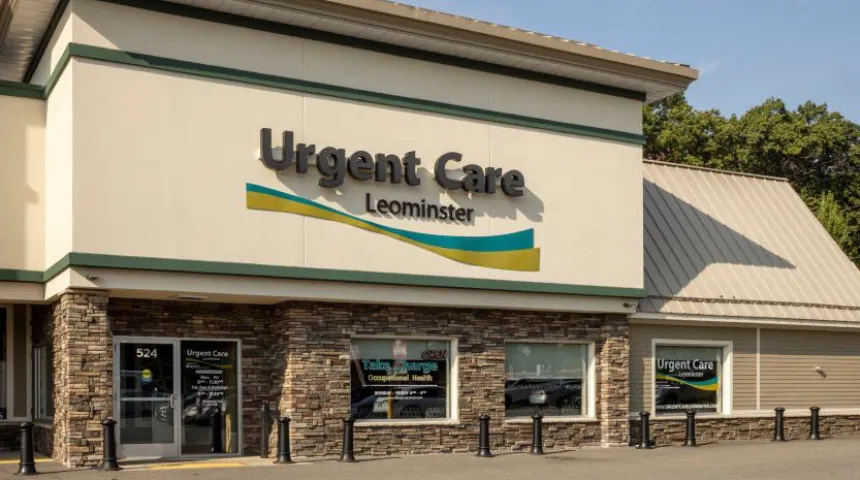
HealthAlliance-Clinton Hospital - Urgent Care Leominster
510 North Main Street,
Leominster, MA 01453
Joint Commission Gold Seal of Approval
HealthAlliance-Clinton Hospital is proud to announce that it has earned the Joint Commission's Gold Seal of Approval for the Excellent Health Outcomes for All certification, awarded to health care organizations that excel in providing equitable, person-centered care to its communities. HealthAlliance-Clinton Hospital is the first UMass Memorial Health entity to achieve this impressive milestone.
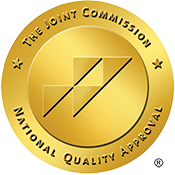
Recent News
Flu Remains at ‘Very High’ Levels in Mass., R.I., and N.H.
We’re probably seeing close to 20 percent of emergency department cases related to influenza right now
Dr. Timothy Boardman | Emergency Medicine at UMass Memorial Medical Center
Harvard Pilgrim Health Care, a Point32Health Company, Honors 34 Physician Groups in Its 24th Annual Physician Group Honor Roll
Flu Cases Already Surging in Mass., Ahead of Expected Post-Holiday Spike
In a typical year, a spike in influenza cases rears its ugly head coming out of the holidays. This year, health experts are warning that cases were already surging as we enter that period, and the result could wind up stressing the capacity of Massachusetts hospitals.
‘Everybody’s Got the Flu.’ Cases Are Spiking Quickly in Children, Doctors Say.
This year, it started a little more abruptly, and the number of cases we saw became much higher at a much faster rate than we’re usually seeing.
Dr. Jeanne McCoy | Chair of Pediatrics, UMass Memorial Health – Milford Regional Medical Center


